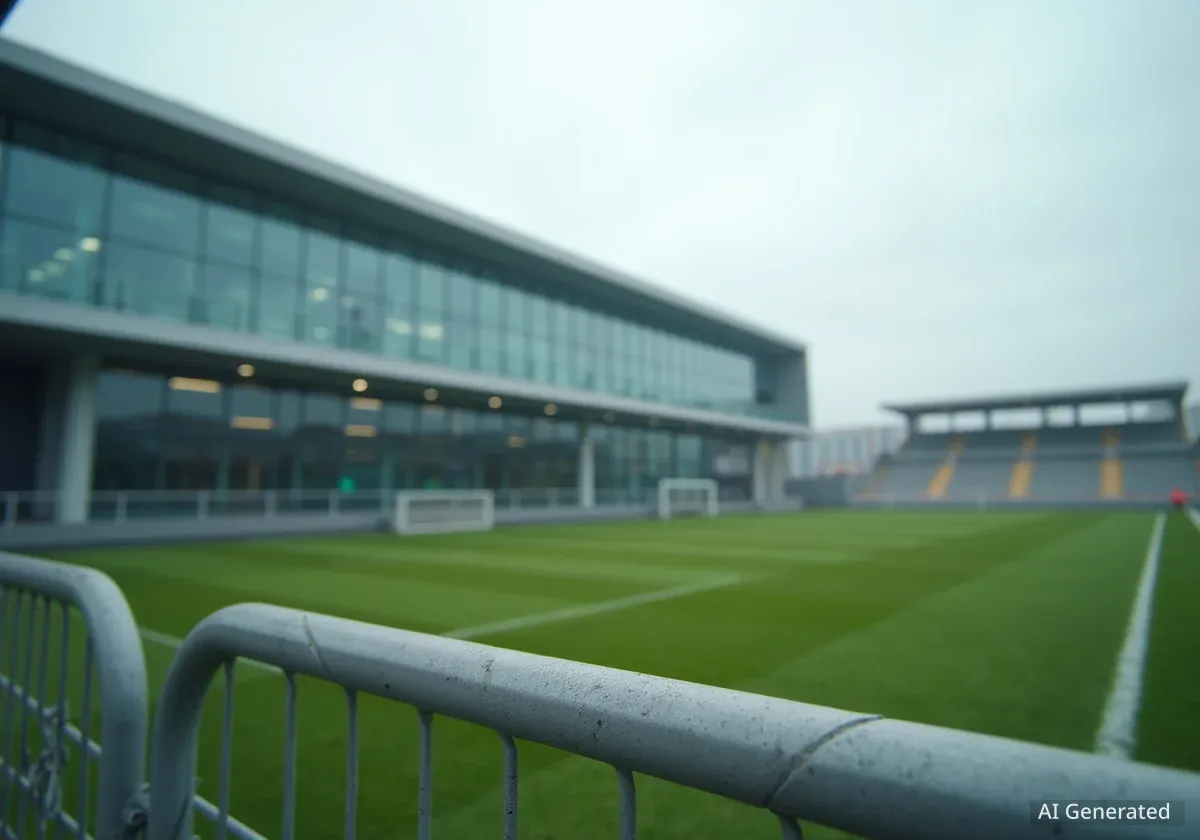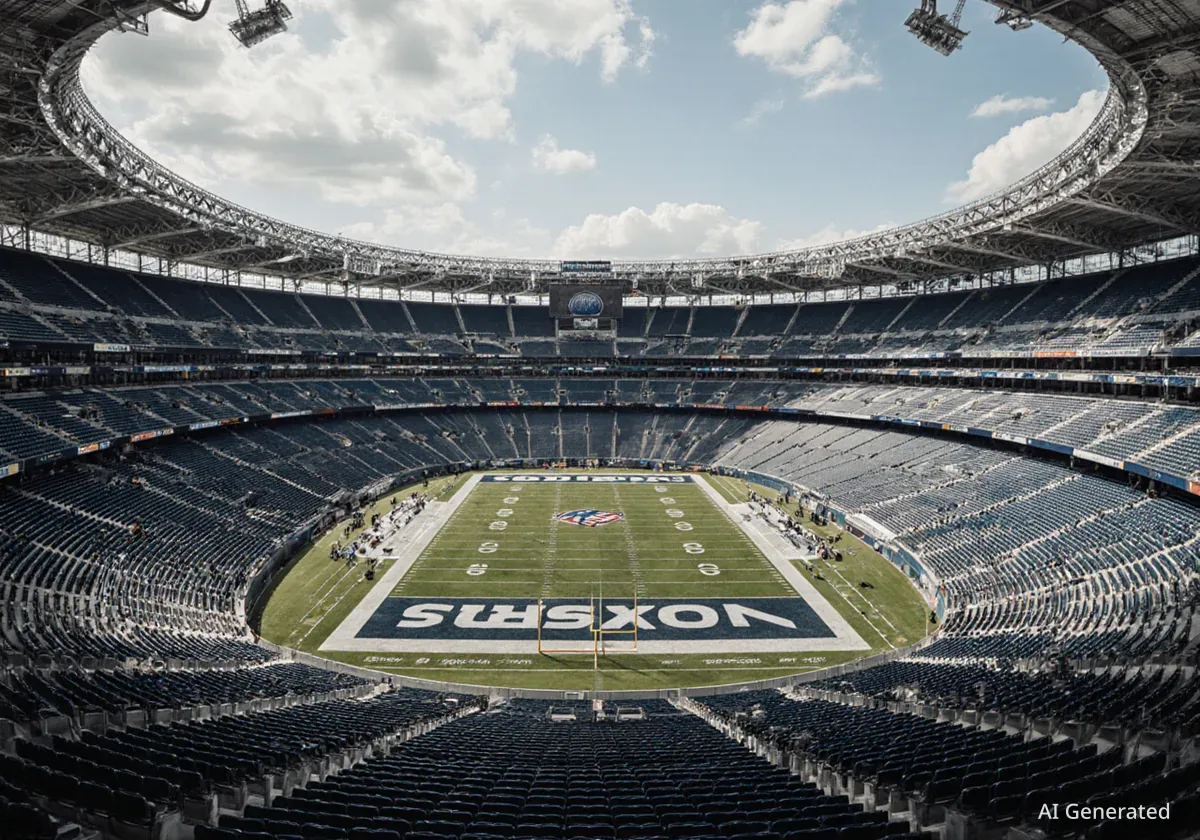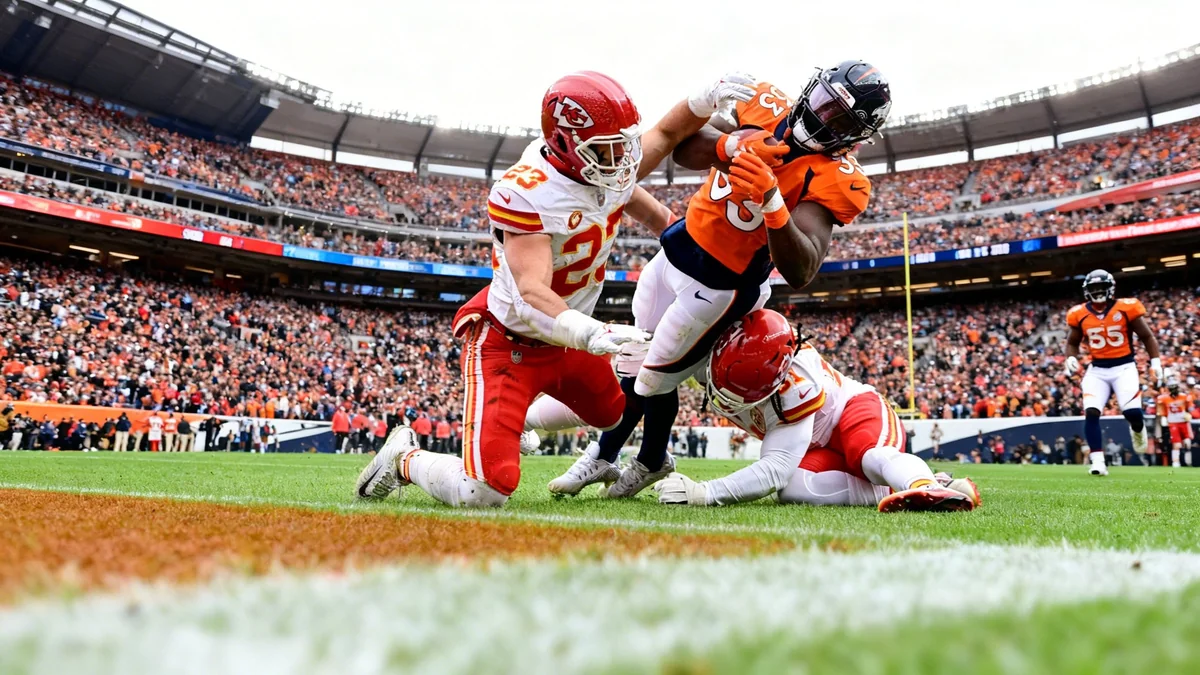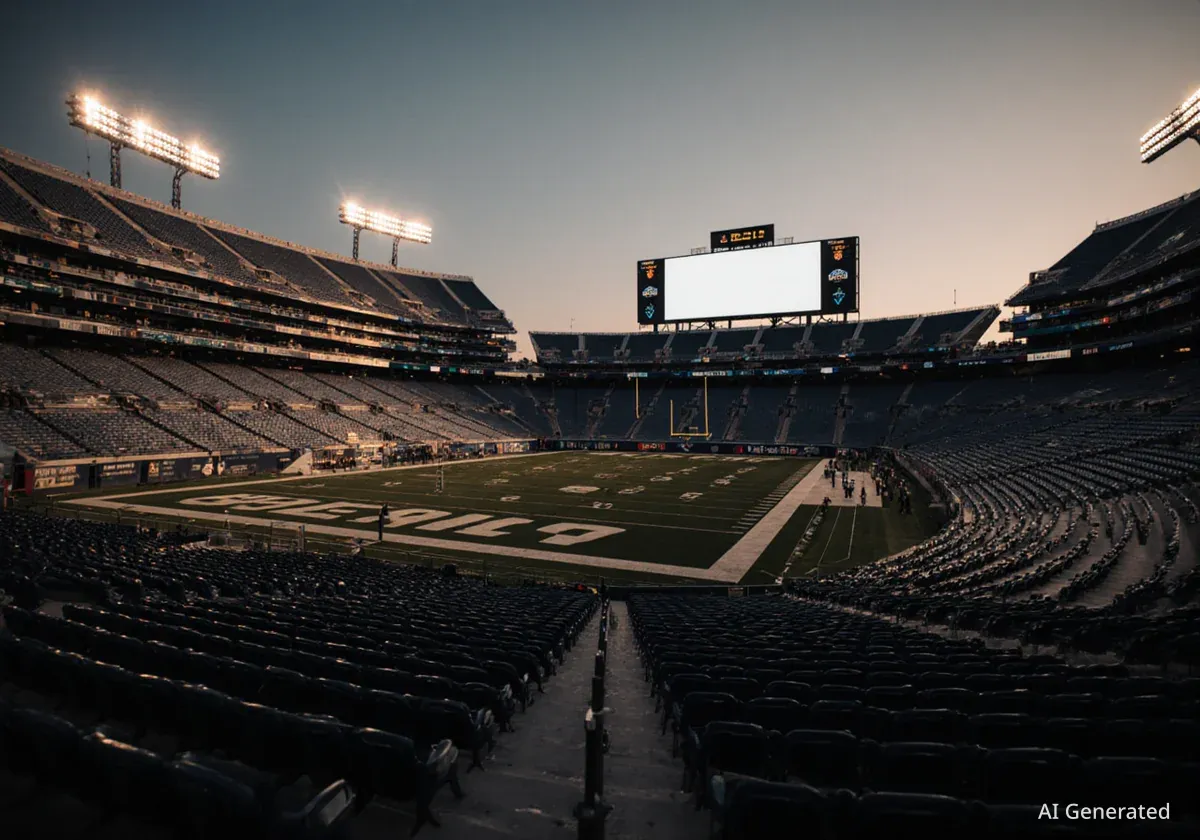Manchester United has completed a £50 million refurbishment of the main building at its Carrington training ground, introducing upgraded facilities for the men's first team. However, the club's Under-21 and Under-18 squads have been relocated to temporary structures, as they were not included in the redevelopment plans.
The move has raised questions about the club's youth development infrastructure, even as long-term plans for a new, dedicated academy facility are being formulated. The youth teams will now occupy a modular building previously used by the women's team.
Key Takeaways
- Manchester United's £50 million Carrington upgrade focused exclusively on the men's first-team facilities.
- The U21 and U18 teams have been moved to temporary cabins and were not part of the main building's redesign.
- A new, permanent academy building is planned, but the project is in early stages and will require significant time and funding.
- Staff and former players, including Wayne Rooney, have voiced concerns about declining standards and a loss of culture at the club.
- Several operational issues, such as kit shortages and maintenance problems, have been reported across the academy.
First-Team Focus in Carrington Overhaul
The extensive £50 million renovation of Carrington's main building was designed to create a world-class environment for the senior men's squad. The project delivered a more modern, free-flowing space with upgraded technology and new amenities, including a barber shop.
A key strategic decision behind the redesign was to make the first-team area an exclusive, aspirational space. Previously, the U21 and U18 teams had their own dressing room on the ground floor, in close proximity to the senior players. This integration was intentionally removed in the new layout.
Instead, the redeveloped building includes two smaller dressing rooms with a combined total of 10 spots. These are reserved for academy players who are called up to train with the first team, such as Shea Lacey and Tyler Fletcher, reinforcing the idea that access to the main facility must be earned.
Youth Teams Relocated to Temporary Housing
While the first team enjoys the new facilities, the U21 and U18 squads are in a state of transition. Since construction began, the teams have been using facilities in the academy building, which is designed for younger age groups up to 16 years old. The spaces are smaller, with lower benches, and players could not leave belongings in lockers.
The club has now decided to house these older youth teams in a two-story modular building. This structure was originally erected to accommodate the women's team while their own £10 million facility, opened in October 2023, was occupied by the men's team during the main renovation. The women's team has since moved back to their permanent home.
A Nomadic Existence
The relocation marks another chapter in what has been a nomadic period for the club's top youth squads. Despite the disruption, their performance on the pitch has remained strong. The U21s, managed by Travis Binnion, and the U18s, coached by Darren Fletcher, are both at the top of their respective leagues, having won 11 of their 12 combined league matches so far this season.
Future Plans and Present Challenges
The modular building is considered a temporary solution. The club intends to construct a bespoke, high-calibre academy structure that matches the style and quality of the new first-team facility. However, this long-term project is still in its infancy.
New academy director Stephen Torpey, alongside director of football Jason Wilcox, is tasked with developing the vision and budget for the new facility. The project is expected to take many months, possibly years, to complete and will require a multi-million-pound investment.
Financial Constraints
While Sir Jim Ratcliffe committed £50 million of his own money for the Carrington transformation, the club is operating under a strict cost-cutting regime aimed at restoring profitability. This financial landscape means funding for large-scale new projects, like the proposed academy building, will be carefully scrutinized.
Concerns Over Declining Standards
The focus on cost-efficiency has reportedly had consequences elsewhere. Allegations have surfaced regarding maintenance standards at the existing academy building, which dates back to 2002. Complaints include uncleaned toilets, unemptied bins, and worn pitch perimeters.
Staffing levels are also a point of concern. A new policy requires all club tracksuit wearers, except for players and senior coaches, to wash their own kit. A shortage of staff was also cited as a potential factor in an incident where the U13 team had to borrow shorts and socks from visiting team Everton, forcing them to play in kit bearing another club's crest.
These issues are not isolated. Last season, the women's team had to purchase 15 pairs of boots from a local sports shop in Norway just hours before a Champions League qualifier after their equipment went missing in transit.
Wayne Rooney Expresses Alarm Over Club Culture
Club legend Wayne Rooney, whose sons Kai and Klay are in the academy, recently voiced his concerns about the state of the club. He described a significant shift in the internal environment and a departure from the values he associates with Manchester United.
"The culture of that football club has gone," Rooney stated on a BBC podcast. "I see it on a daily basis. I see staff losing jobs, people walking out of jobs... What I’m seeing at that football club is not Manchester United. The club at the minute is completely broken and I don’t recognise it at all."
Rooney pointed to the departure of long-serving staff members as a sign that the club's "soul has gone." He emphasized that the problems extend far beyond on-pitch results and that the new ownership has inherited a significant challenge.
A New Direction for Youth Development
The appointment of Stephen Torpey as academy director signals a strategic shift. Torpey arrives from Brentford after a decade at Manchester City's academy, where he worked closely with Jason Wilcox. Their shared background suggests United is moving towards the integrated, state-of-the-art youth development model seen at clubs like Manchester City and Liverpool.
Change is already underway. The club has seen continued turnover in key academy roles, with head of academy recruitment Luke Fedorenko departing to join an agency. Alan Wright, a former Aston Villa player with a decade of coaching experience at Manchester City, has been hired as an assistant for the U21s.
The new leadership team is expected to overhaul the academy's structure and philosophy. Their immediate task is to stabilize the current situation for the U21 and U18 teams while laying the groundwork for a facility that can support the club's long-term ambitions for its youth pipeline.





